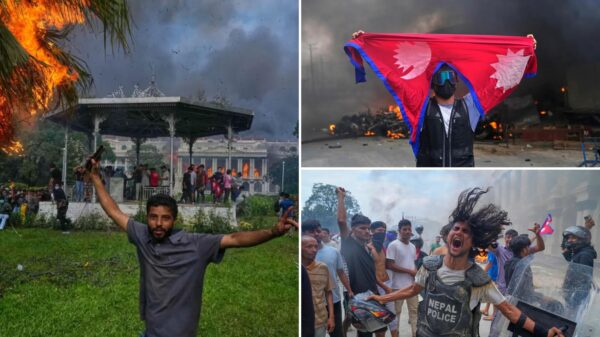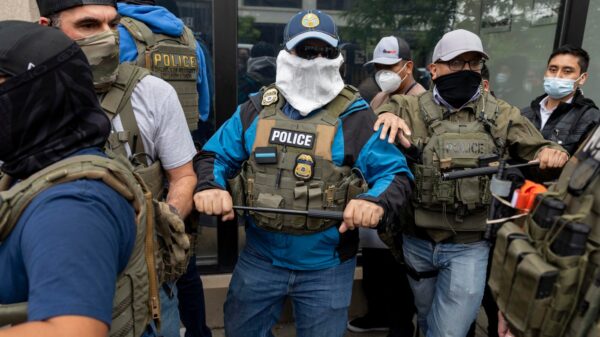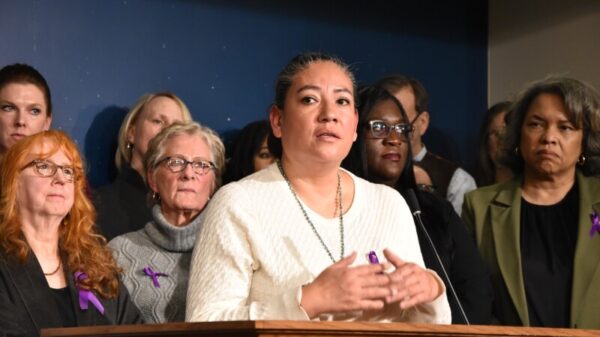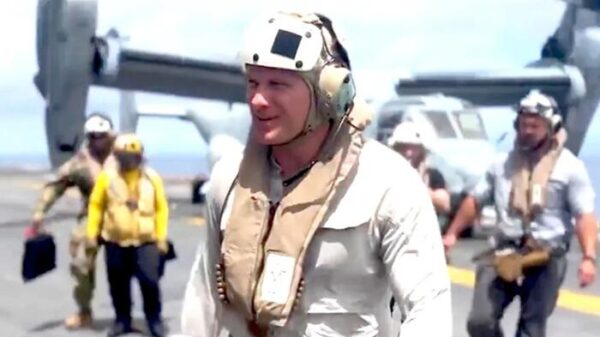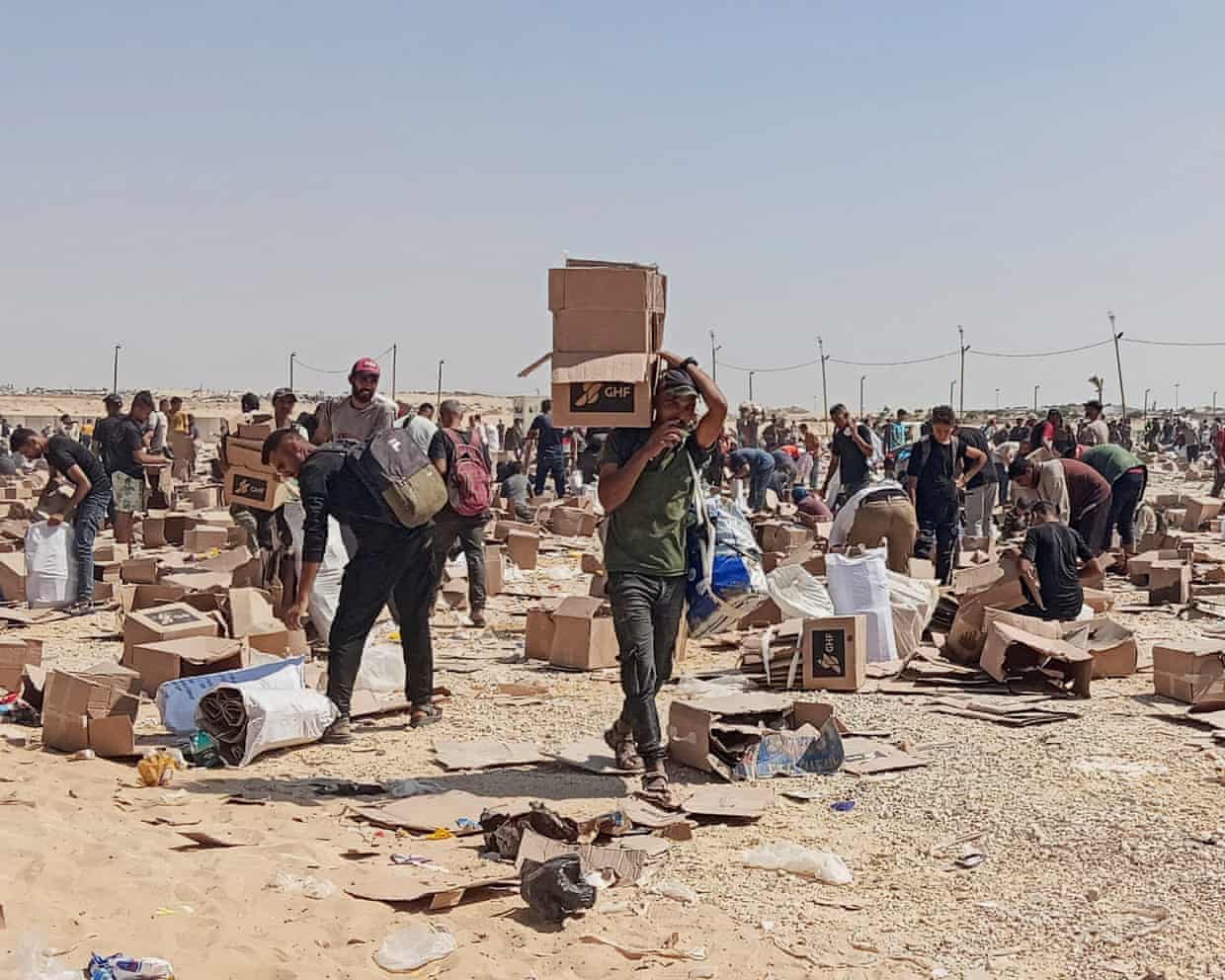The humanitarian crisis in Gaza has escalated dramatically, with aid workers reporting overwhelming numbers of injuries during food distribution efforts. Hundreds of individuals have sustained wounds from Israeli gunfire while attempting to access vital aid convoys. This increase in violence has raised alarm among medical professionals and humanitarian organizations operating in the region.
Medical staff at various hospitals in Gaza are struggling to cope with the influx of casualties. According to reports from Doctors Without Borders, many victims are suffering from serious injuries due to live ammunition fired during aid distribution events. The organization has called for immediate international attention to the ongoing violence, emphasizing that civilians should never be targets in such situations.
Humanitarian Response Under Strain
The situation on the ground is dire. Local hospitals are becoming overwhelmed, with limited resources and staff. The United Nations has condemned the attacks on civilians and called for an urgent ceasefire. In a statement issued on October 15, 2023, the UN urged all parties to uphold their obligations under international humanitarian law, stressing the need to protect non-combatants.
Eyewitness accounts reveal the chaos during these distribution efforts. Many individuals have been forced to flee in panic as gunfire erupted near the food distribution sites. “People were just trying to get food for their families, and then the shooting started,” one local resident recounted. This escalating violence has left many families in fear and uncertainty about their safety.
International Community’s Reaction
The international community has responded with calls for an immediate investigation into these incidents. Human rights organizations are demanding accountability for the actions of the Israeli forces, highlighting the urgent need for humanitarian access in conflict zones. Reports indicate that food shortages are becoming increasingly severe, with many families unable to secure basic necessities.
The rising number of casualties poses significant challenges for aid organizations. Humanitarian workers are not only risking their lives to deliver essential services but are also facing psychological stress from witnessing the violence. The situation remains critical, with no clear resolution in sight.
As the world watches, the plight of those in Gaza continues to unfold. The need for a coordinated and compassionate response has never been more urgent, as aid workers strive to navigate a landscape fraught with danger in their mission to support the affected population.









